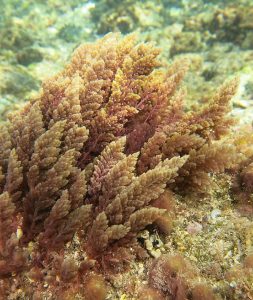
‘Red sea plume’ alga may significantly reduce greenhouse gas emissions from cow manure
Adding red sea plume (Asparagopsis taxiformis) to stored dairy cow manure can cut greenhouse gas emissions nearly in half, a new study finds.
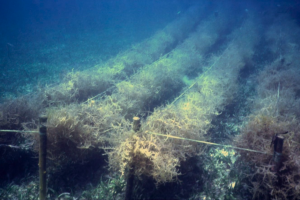
Deep-ocean seaweed dumping for carbon sequestration called questionable, risky and not the best use of valuable biomass
Study: Without sound science on the impacts to fragile ecosystems, seaweed carbon sequestration distracts from more effective interventions.
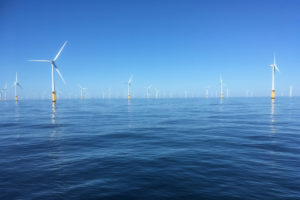
Ocean noise: How the changing sea soundscape can stress fish
Ocean noise from human activity can change fish behavior like feeding, but new technologies and techniques can minimize the stress.
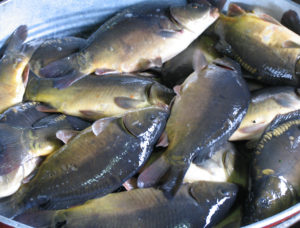
GOAL 2017: Global finfish production review and forecast
Global farmed fish production has increased from 19 million metric tons (MMT) in 2004 to an expected level of 44 MMT in 2017. Next year’s production is expected to be 46 MMT.
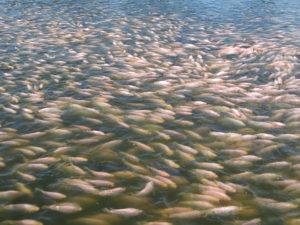
GOAL 2017: revisión y pronóstico de la producción mundial de peces
La producción mundial de peces cultivados ha aumentado de 19 millones de toneladas métricas (MTM) en 2004 a un nivel esperado de 44 MTM en 2017. Se espera que la producción del año próximo sea de 46 MTM.
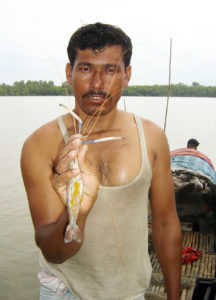
Prawn farming in Bangladesh faces climate change threats
The inadequate supply of postlarvae is a bottleneck for prawn production in Bangladesh. A shortage of wild broodstock to supply the hatcheries is an ongoing concern.
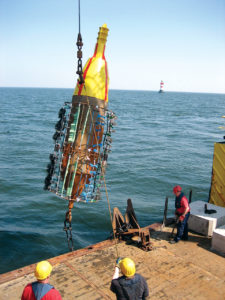
Concept combines offshore wind farms, mussel cultivation
Blue mussel culture on offshore wind farms may be possible in Germany. Trials showed that North Sea facilities can support mussel cultivation in harsh conditions.
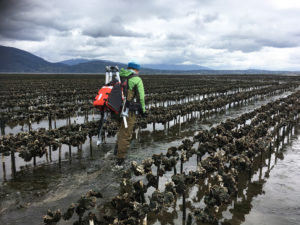
To protect sensitive habitat, oyster farms turn to high-tech tools
Drones and GoPro cameras are helping researchers, regulators and operators understand how shellfish farming interacts with sensitive habitats like eelgrass beds.
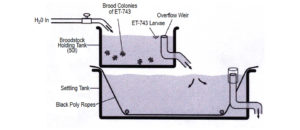
Studies find aquaculture of marine invertebrates for anticancer compounds feasible
Aquaculture may deliver commerical quantities of the tiny sea creatures, Bugula neritina, that provide important anticancer compounds.
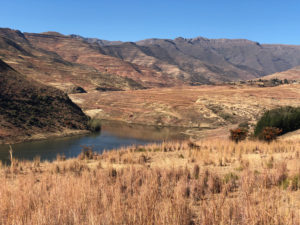
Africa’s first land-based salmon farm a landmark for Lesotho
A Singapore-based company aims to make Lesotho, a nation of 2 million people, known for a local fish that’s truly anything but local: Atlantic salmon.
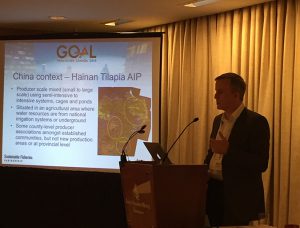
Zone management: Can aquaculture producers collaborate?
At the GOAL 2015 pre-conference workshop in Vancouver, British Columbia, Canada, a panel of aquaculture management experts determined that producers sharing water resources must work together to prevent the spread of disease and to become more attractive to investors.

GOAL 2015 Day 1: We stand on guard
The 2015 GOAL conference in Vancouver, Canada, kicked off with a First Nations celebration, an industry growth report card and the latest defensive efforts against aquaculture diseases. Simplifying the story, however, may be the tallest obstacle yet.
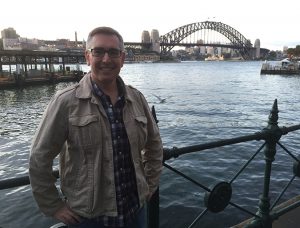
Aquaculture Exchange: Tom Pickerell
The technical director for the U.K. seafood industry authority, Seafish, talks to the Advocate about the challenges facing aquaculture expansion and why it will be seafood that fills the protein gap that many are expecting in the future.
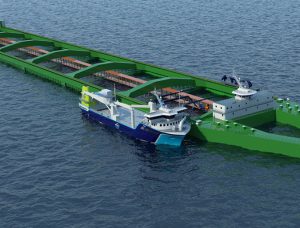
Correcciones libres de químicos emergiendo en la saga de los piojos de mar
Los productores de salmón, utilizando tecnologías emergentes, están explorando nuevos métodos de mitigación de los piojos de mar en un esfuerzo por superar uno de los problemas más persistentes de la industria. Nuevas innovaciones libres de químicos muestran una industria ansiosa de adaptar y adoptar prácticas ambientalmente seguras.
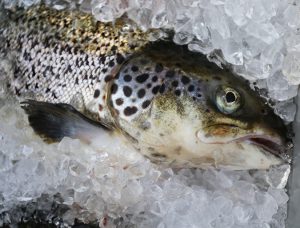
Fishmeal-free Atlantic salmon feed formulation shows promise
A recent study evaluated the effects of a fishmeal-free diet on Atlantic salmon performance and fillet quality during successful growout to market-size in a commercial-scale, land-based, closed-containment system using water recirculation technology. Test fish performed well, with 97 percent survival during the 10-month growout period.
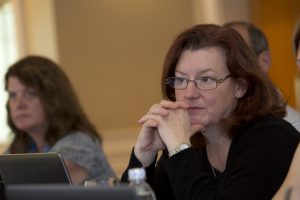
Aquaculture Exchange: Dawn Purchase, part 1
In a wide-ranging interview, the Marine Conservation Society’s aquaculture program manager applauds innovation, decries food waste and gives a look inside the Global Aquaculture Alliance’s Standards Oversight Committee. She touches upon land-based fish farming, aquafeed production and retailers’ huge responsibilities.
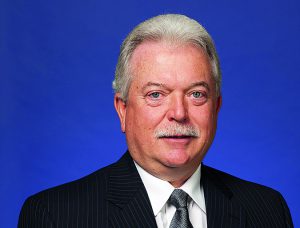
Aquaculture Exchange: Ron Stotish, AquaBounty Technologies
Ron Stotish, CEO of AquaBounty Technologies, discusses being the first to produce a genetically modified (GM) farmed salmon deemed safe for consumption, the controversy surrounding his company's product and the potential of biotechnology.
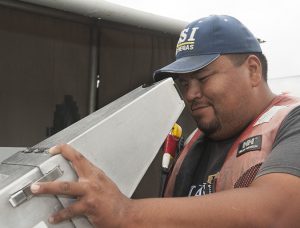
In Canada, salmon farmers building social license with First Nations
After some rocky times, ties between B.C. salmon farmers and First Nations, have improved in recent years. Band members report consistent employment, royalties and improved quality of life. “We need aquaculture around,” says one fishing company owner.
